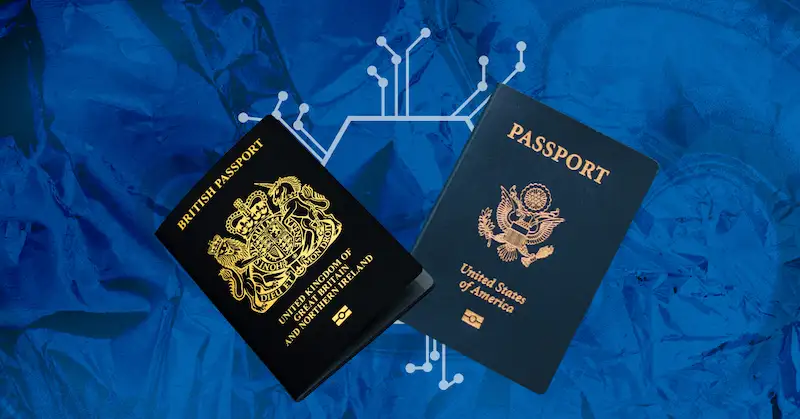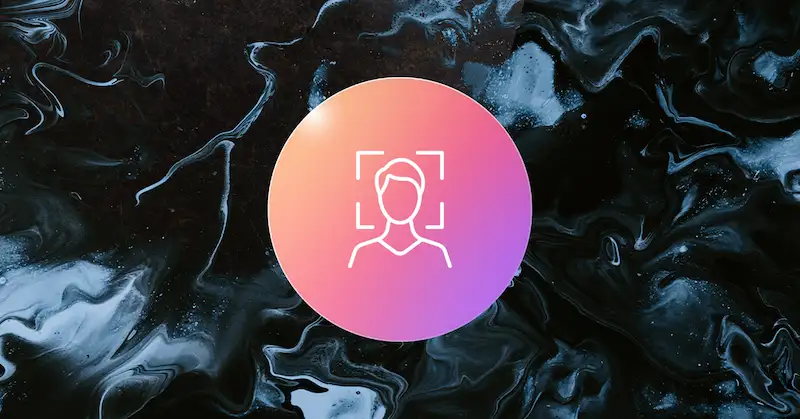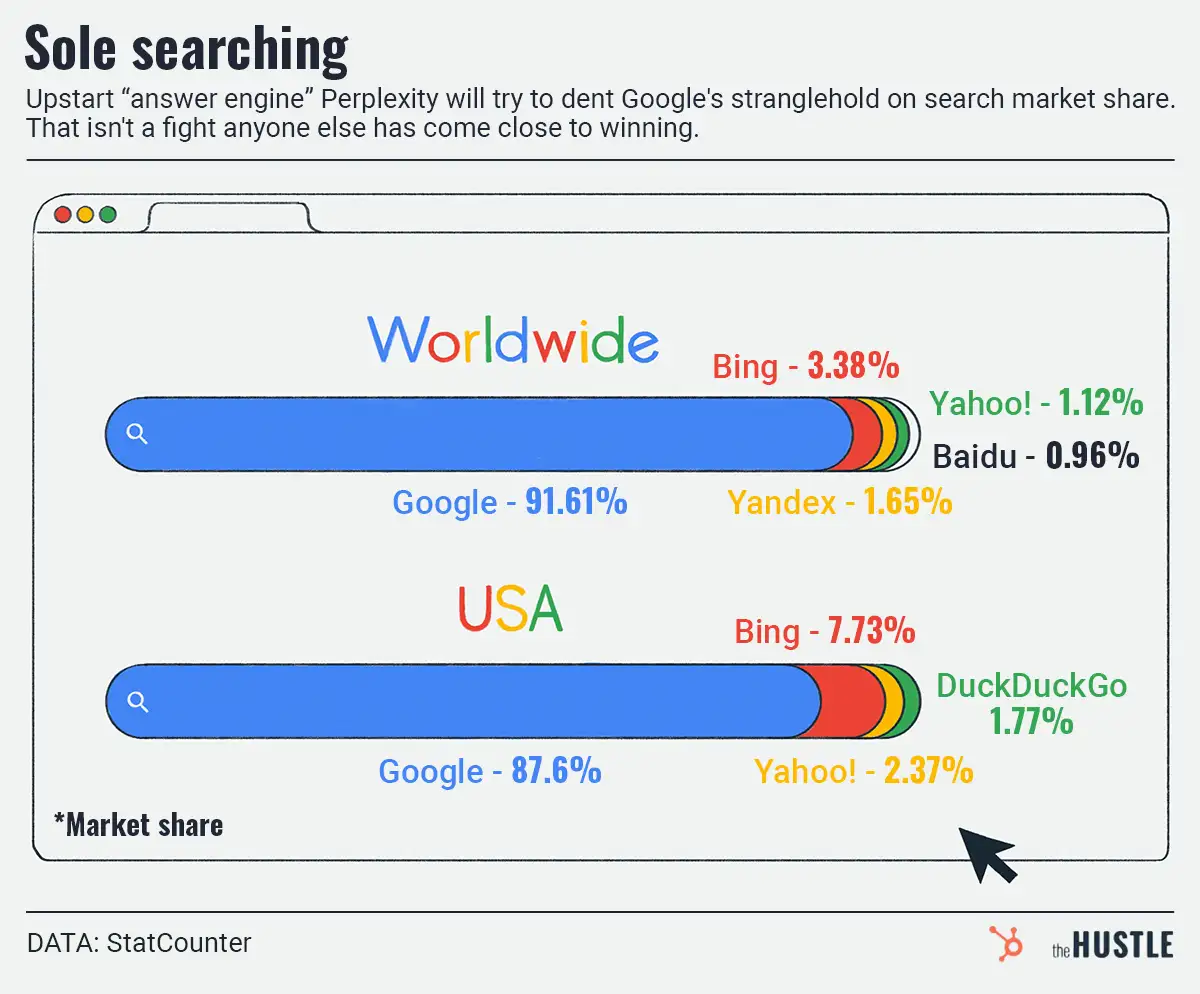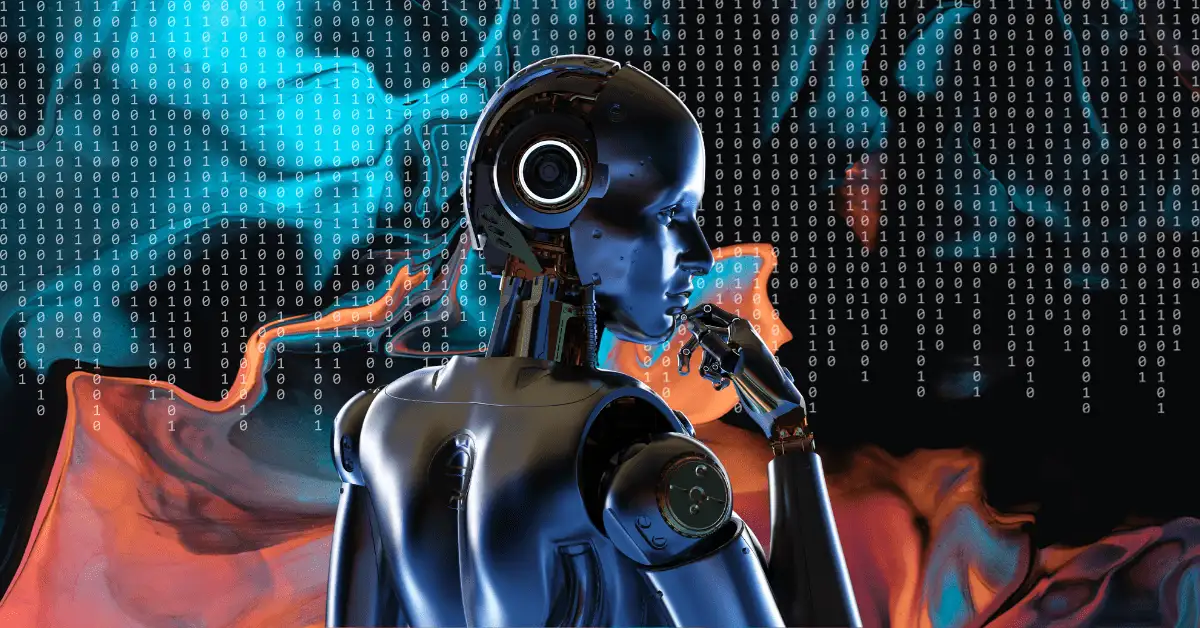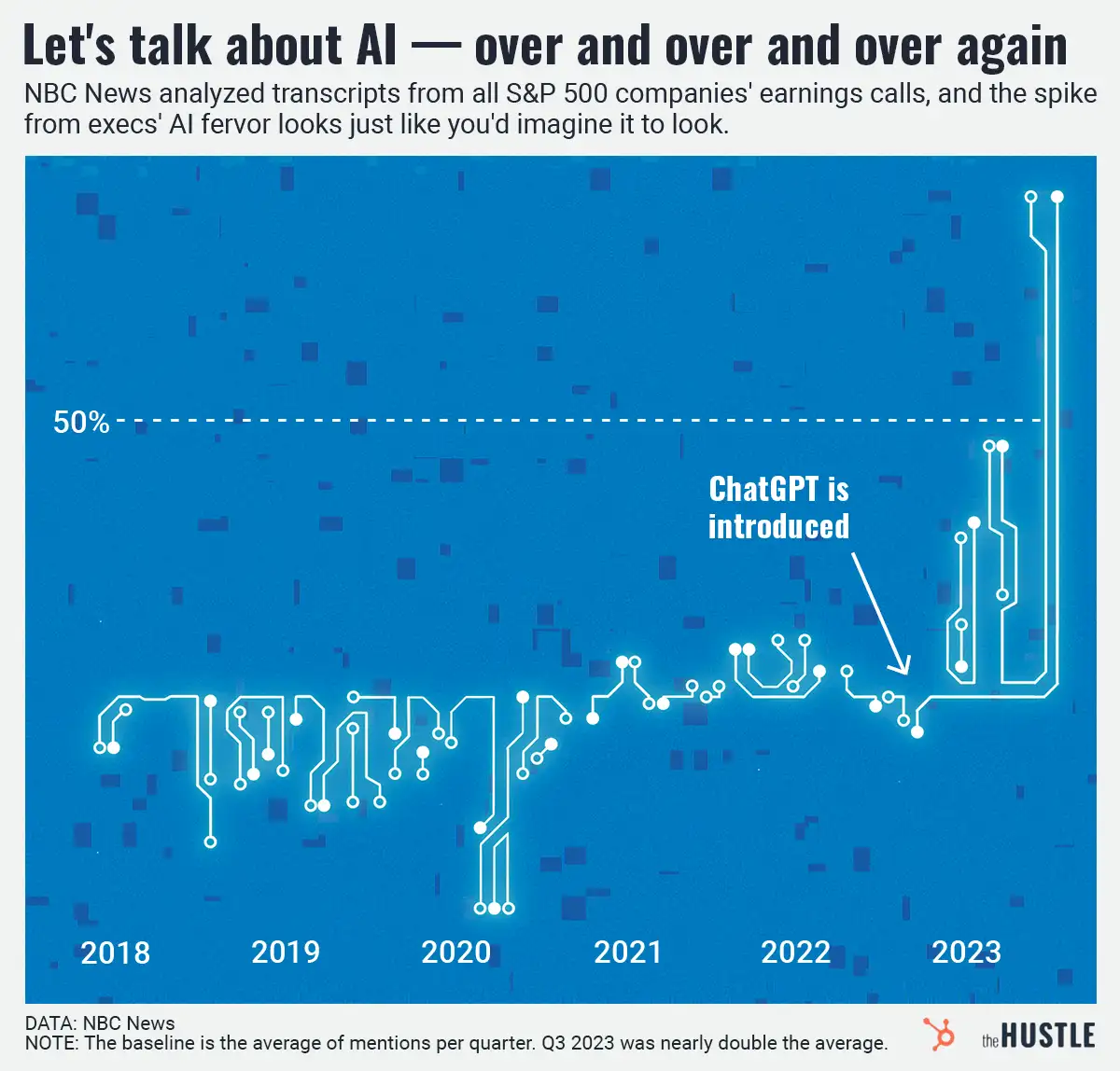You know the trope: Something fishy’s going on with the protagonist, and here comes that tired twist — there’s an evil twin.

Gasp. So surprising.
This latest evil twin reveal will surprise nobody, but it’s pretty jarring all the same — ChatGPT has an evil twin that caters to cybercriminals.
WormGPT…
… was created by an unknown hacker and launched last month, with its designer calling it ChatGPT’s “biggest enemy.”
OpenAI built ethical guardrails into ChatGPT to prevent malicious activities; WormGPT has none of that.
This huge jerk of a chatbot proudly “lets you do all sorts of illegal stuff,” per PCMag.
How does it work?
Cybersecurity firm SlashNext put WormGPT to use:
- Its primary purpose: generating convincing business email compromise (BEC) attacks, which use fake, personalized messages to access sensitive accounts.
- SlashNext found the tool produced “sophisticated” phishing emails that were “remarkably persuasive” and “strategically cunning” with commendable grammar.
- It also confirmed WormGPT has “no ethical boundaries or limitations.”
- Like ChatGPT, the tool is easy to use, meaning cybercriminals with limited experience could find success with it.
… so, that all sucks.
But let’s keep those worries in check?
Unlike its more responsible sibling, WormGPT isn’t free: Access costs ~$617/year, limiting adoption.
Also slowing its growth: bad word-of-mouth. One buyer on the hacker forum where WormGPT is sold said it’s “not worth any dime.”
And while smarter BEC attacks present a challenge, their threat is nothing new — a leading cybercrime that cost victims $2.4B worldwide in 2021, BEC attacks are already a focus for cybersecurity experts.
- Want to prepare yourself? The FBI offers tips on safeguarding accounts.
For now, WormGPT is less an active concern and more a sign of the looming fights ahead as AI increasingly gets in the hands of bad actors.




